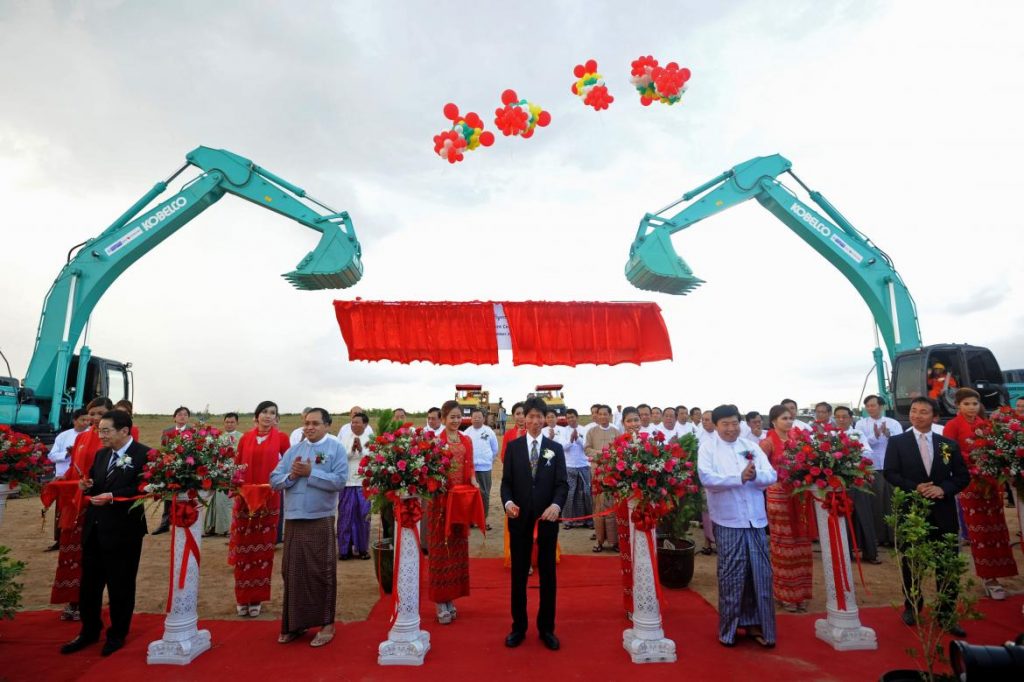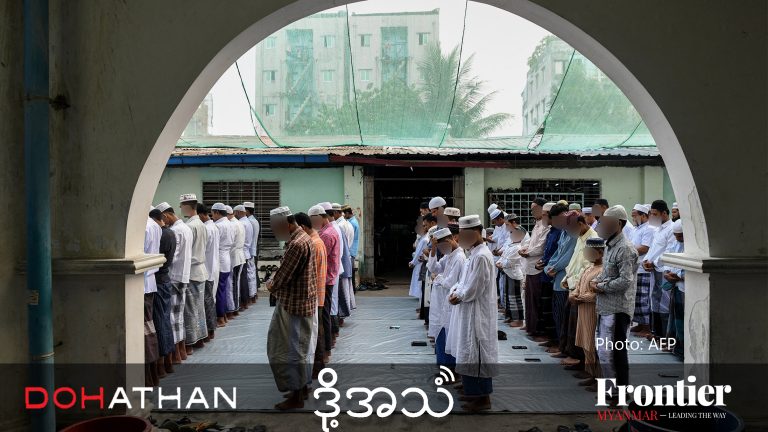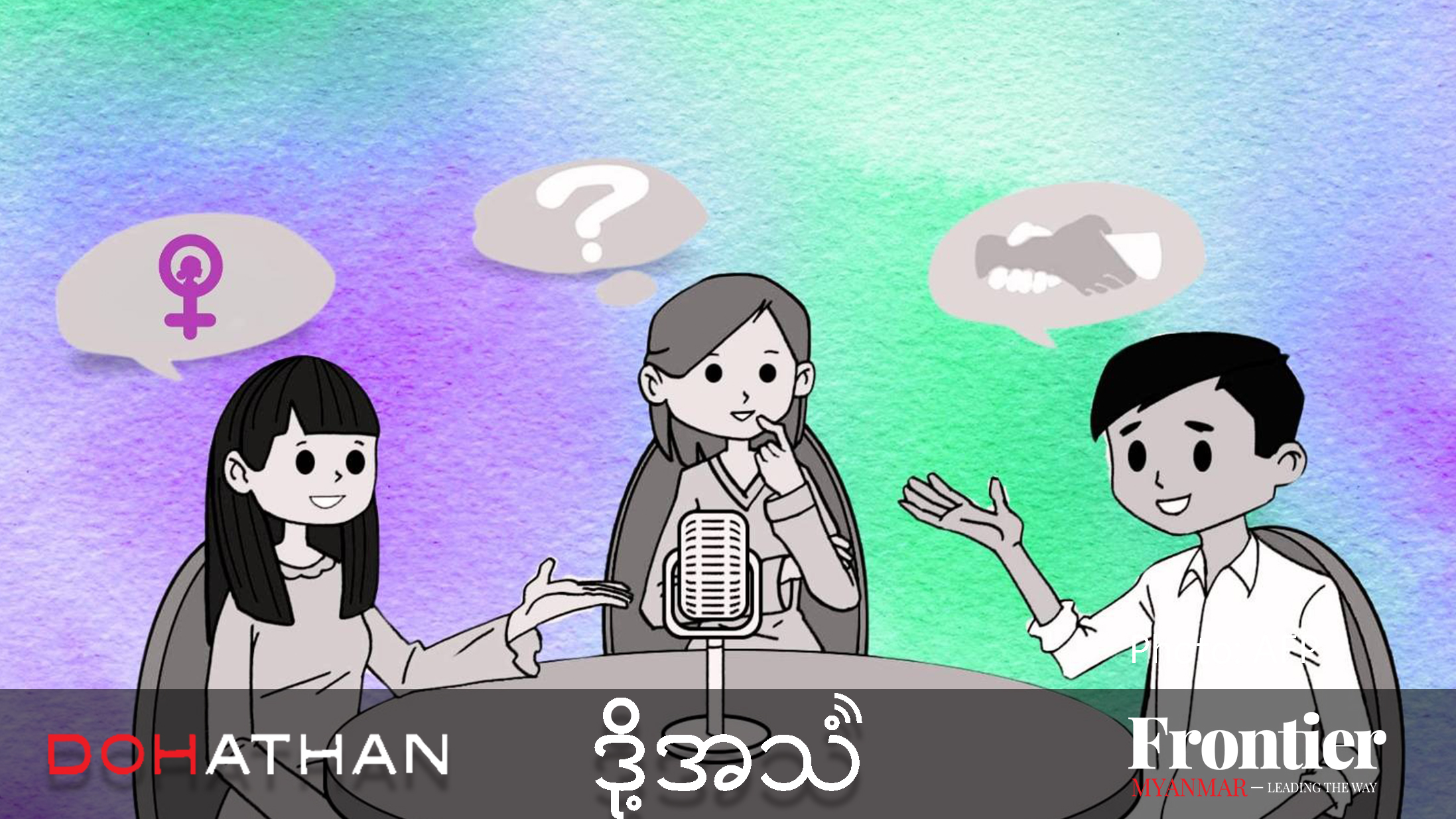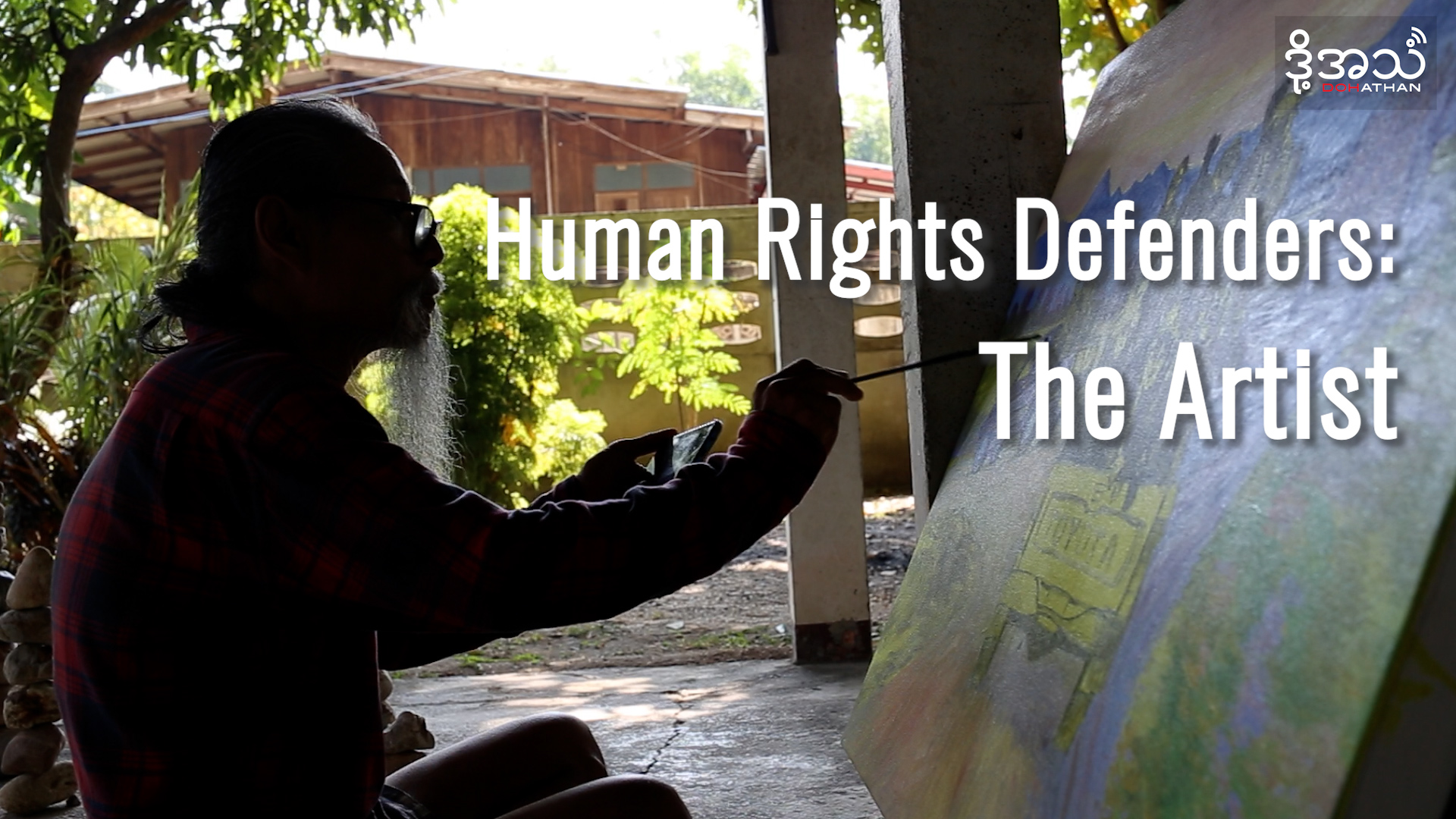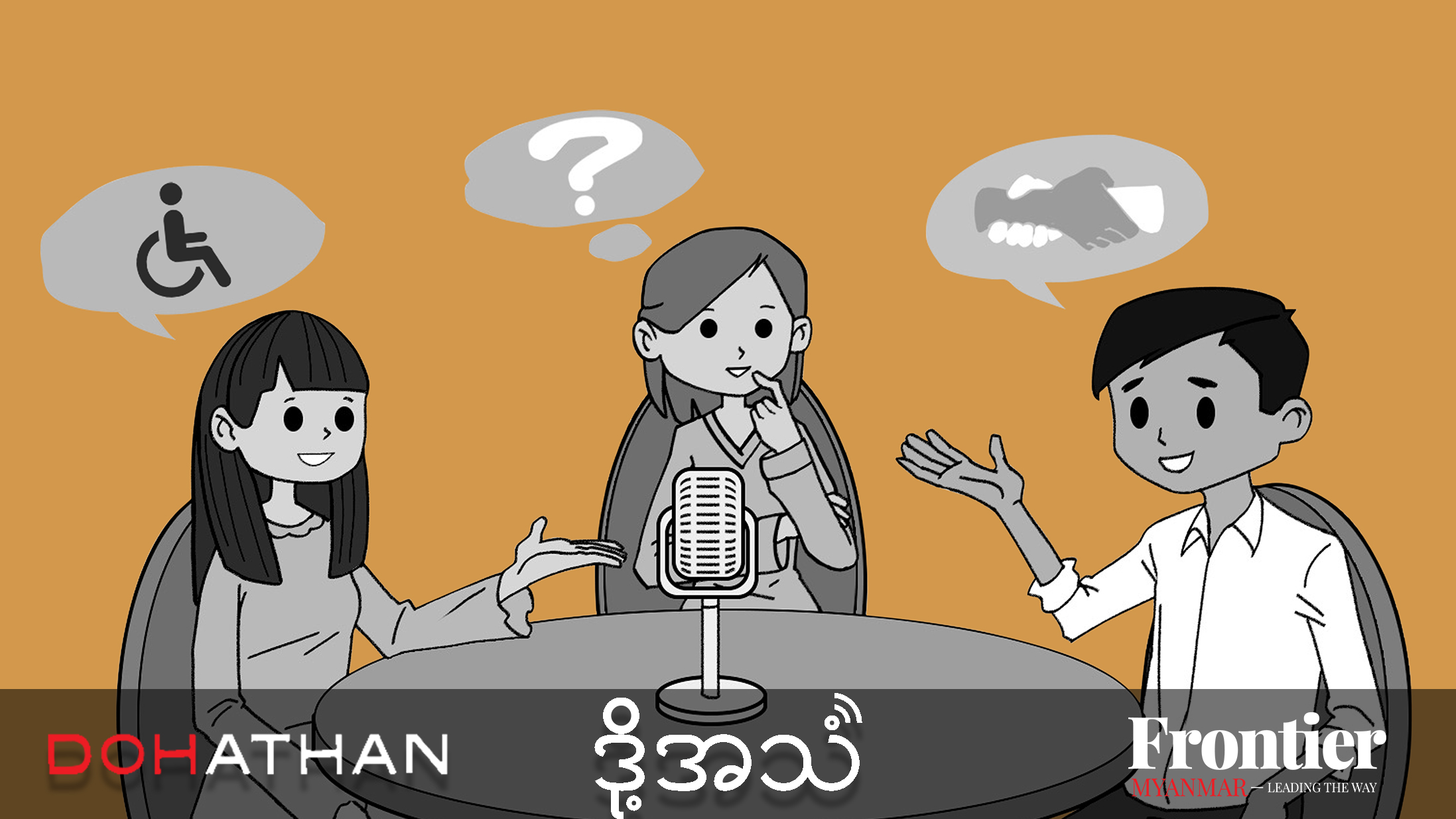By KYAW LIN HTOON | FRONTIER
YANGON — Civil society groups have called on the government to bolster protections for residents, the workforce and the environment at Myanmar’s special economic zones, warning that the current legal framework for the projects could bring more misery for nearby communities.
The comparative study of Cambodian and Myanmar SEZ projects, launched in Yangon on Friday, urged legislative revisions to establish better dispute resolution procedures between investors and local communities, as well as heightening transparency in the governance of the projects.
“The first impact of special economic zones faced by communities is the loss of land as well as their livelihoods,” said Dr Kyaw Thu, the executive director of Paung Ku, one of the groups authoring the report. “Democratic governments need to carefully examine the long term impact of big investment projects on peace building, social justice and the federal union.”
Myanmar currently has three SEZ projects located in Thilawa on Yangon’s southeastern outskirts, Kyaukphyu in Rakhine State and Dawei.
Support more independent journalism like this. Sign up to be a Frontier member.
A February report by the International Commission of Jurists found a litany of legal and human rights concerns at the Kyaukphu SEZ site, bankrolled by the Chinese-state owned conglomerate CITIC Group.
Among the issues documented were unclear legal accountability for the site’s managers, shortfalls in the project’s land acquisition scheme and the risk of involuntary resettlement for up to 20,000 people in the area.
Development of the Dawei site remains a government priority with the backing of a Thai-based consortium, though the project has struggled to attract investment since it was first mooted in 2008.
Civil society groups in the Dawei area have mounted a long-running campaign against the SEZ project, citing a catalogue of environmental concerns and the risk of the involuntary displacement of thousands of local residents.
“It is alarming that the interests of investors continue to be protected at the cost of people and the environment,” said Focus on the Global South executive director Shalmali Guttal. “Economic growth cannot continue to be promoted without a proper assessment of costs and benefits.”
Other campaign groups working for reform of Myanmar’s SEZ projects last year founded Myanmar SEZ Watch, but attempts to meet with Union level government committees and officials to discuss their concerns have been rebuffed.
“We are not asking for a total shutdown of the SEZs,” said U Soe Shwe, a working group member of Myanmar SEZ Watch. “We just want to discuss proper conditions for locals. But if they keep on ignoring what the public say and the civil society organisations report, there will be more difficulties in the future.”


